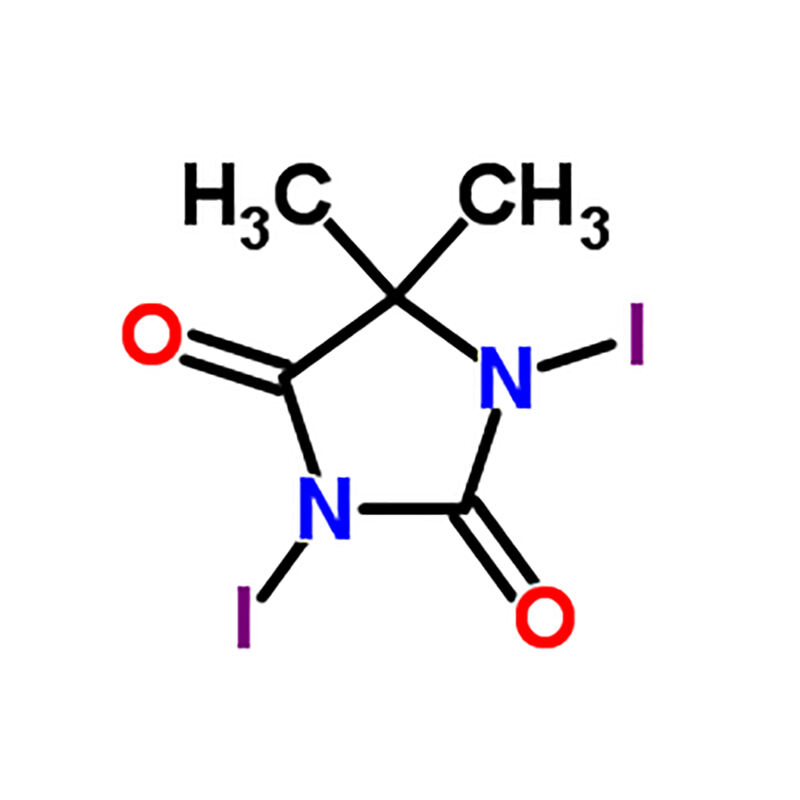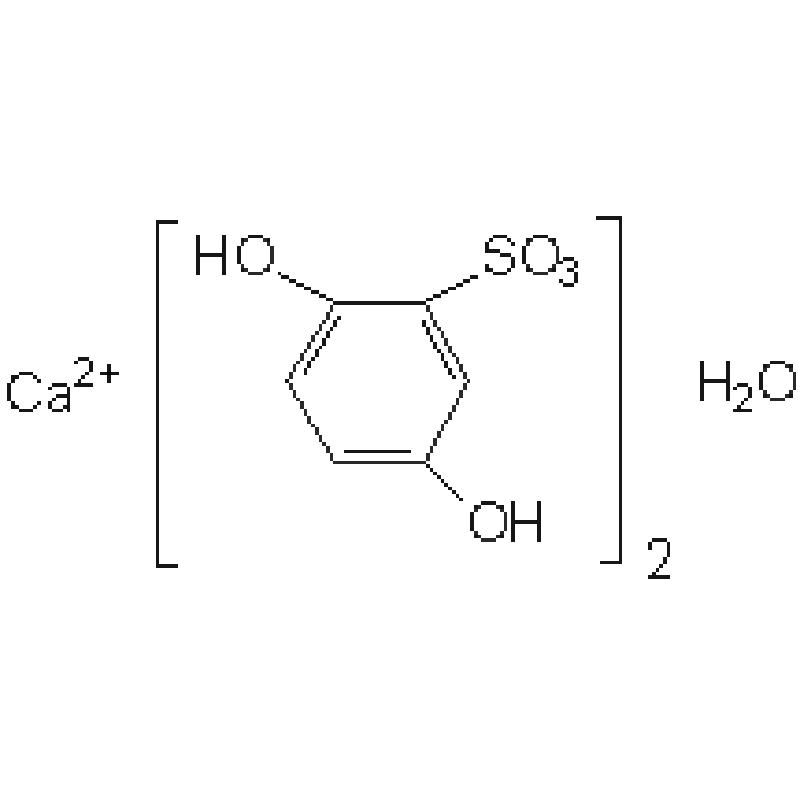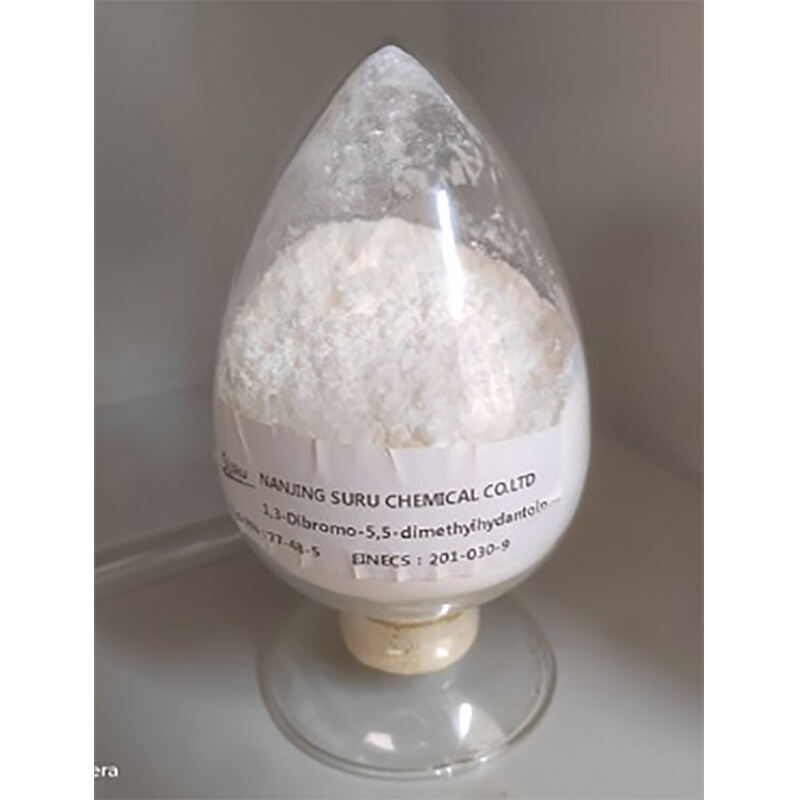NCS, short for Suru n chlorosuccinimide, is a niche chemical that is seriously useful for other chemicals. It can be useful for all kinds of reactions and ways. Now let’s find out how NCS is used in chemistry.
NCS is often used as a chlorinating agent in organic chemistry. That is, it does a good job of adding chlorine atoms to other molecules. Chlorine can alter the way a compound behaves, making it more suitable for some purposes. NCS can also form various kinds of compounds that are difficult to make otherwise.
Part of the reason that Suru ncs chemistry is so valuable is that it can be applied to a wide range of reactions, from simple to complex. This versatility makes NCS a useful tool for chemists who wish to design new and interesting molecules.

NCS as well as being chlorinates is also a good oxidizing agent. This means that it causes chemical reactions to be more likely to occur. Suru NCS n chlorosuccinimide allows chemists to form new bonds between atoms, to break old bonds and to make molecules in ways difficult or impossible using other methods.

Today, chemists are on a constant hunt for new ways of making molecules for use in medicine, industry and more. NCS has been an invaluable resource for chemists to help solve research problems. NCS chlorosuccinimide can be used by chemists to work through difficult problems, invent new molecules and investigate new modes of organic chemistry.

The reactivity of NCS N-chlorosuccinimide originates from the structural feature that contains nitrogen and a chlorine atom. This unique structure is the reason why NCS is highly reactive and can participate in a variety of reactions. Certainly chemists have been interested in NCS for many years, and they continue to find new and interesting uses for this important compound.